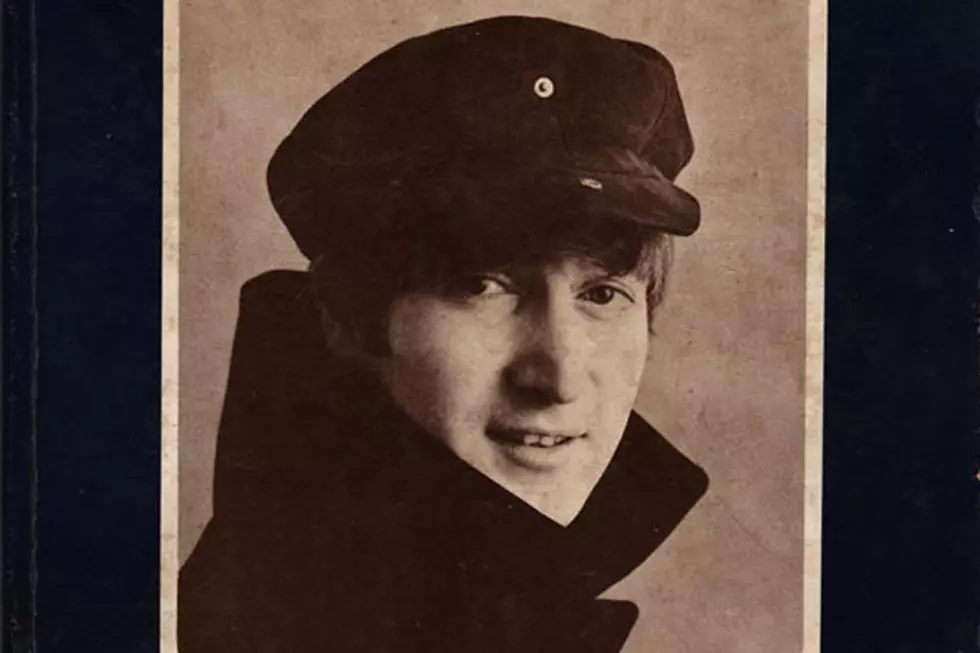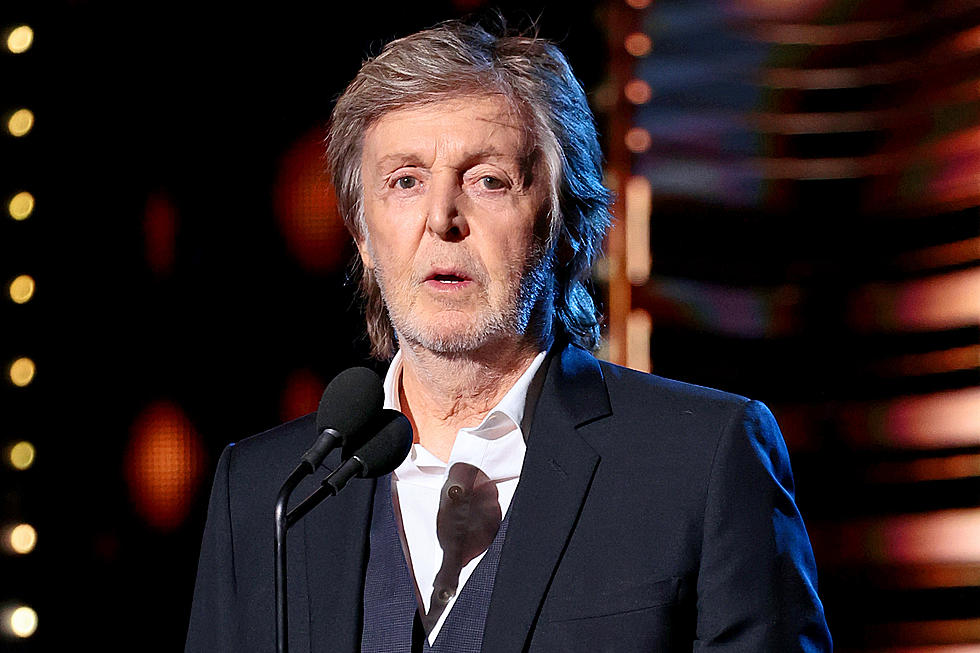
When John Lennon Published His First Book, ‘In His Own Write’
By early 1964, the Beatles’ upbeat love songs and clean-cut image endeared them to fans around the world.
That impression began to change on March 23, 1964, with the publication of John Lennon’s book, In His Own Write. It was the first solo effort of any kind by one of the Beatles. Lennon weaved whimsical line drawings and sharp satire into a collection of 31 poems and short stories. He told the BBC that his style of writing evolved at school.
“I used to make the lads laugh ... talking like that, and writing poetry. I used to write them and just give them to friends to laugh at, and that was the end of it. … It’s just my style of humor."
“I was never any good at spelling, all me life," he continued. "You know, I never quite got the idea of spelling. English and writing, fine, but actually spelling the words. And also, I typed a lot of the book, and I can only do it very slowly with a finger, so the stories would be very short ‘cause I couldn’t be bothered going on. … All I’m trying to do is tell a story, and what the words is spelt like is irrelevant really. But if they make you laugh because the word used to be spelt like that, that’s great. But the thing is the story. And the sound of the word."
An example is "Good Dog Nigel":
Arf, Arf, he goes, a merry sight,
Our little hairy friend,
Arf, Arf, upon the lampost bright
Arfing round the bend.
Nice dog! Goo boy,
Waggie tail and beg,
Clever Nigel, jump for joy
Because we’re putting you to sleep at three of the clock, Nigel.
In His Own Write offered an early view of the anti-establishment beliefs Lennon later expressed in songs like "Revolution." “I think our society is run by insane people for insane objectives,” Lennon continued. “If anybody can put on paper what our government, and the American government, and the Russian, Chinese. ... What they are all trying to do, and what they think they're doing, I'd be very pleased to know what they think they're doing. I think they're all insane. But I am liable to be put away as insane for expressing that.”
The book was an immediate hit, quickly selling out its first printing of more than 100,000 copies. Critics also loved it. The London Times' Literary Supplement wrote, “It is worth the attention of anyone who fears for the impoverishment of the English language and the British imagination.” Newsweek said that the book “suggests that when John Lennon sings ‘I Want to Hold Your Hand,’ he is wishing he could bite it.”
To celebrate the book's success, Lennon in April 1964 was the guest of honor at a stuffy literary luncheon in London. Expected to make a speech, Lennon simply said, “Er, thank you all very much. God bless you." He sat down and added, "You've got a lucky face," a quip used by Brits hoping for a handout or a tip.
“I couldn't think of anything to say: I was scared stiff," Lennon recalled in the Anthology documentary. “I got as big a kick out of seeing that book up there in the writing world's Top 10 as I do when the Beatles get a No. 1 record. And the reason is that it's a part of a different world.”
John Lennon Albums Ranked
See John Lennon in Rock’s Craziest Conspiracy Theories
More From WSHK-WSAK 102.1 & 105.3 The Shark










